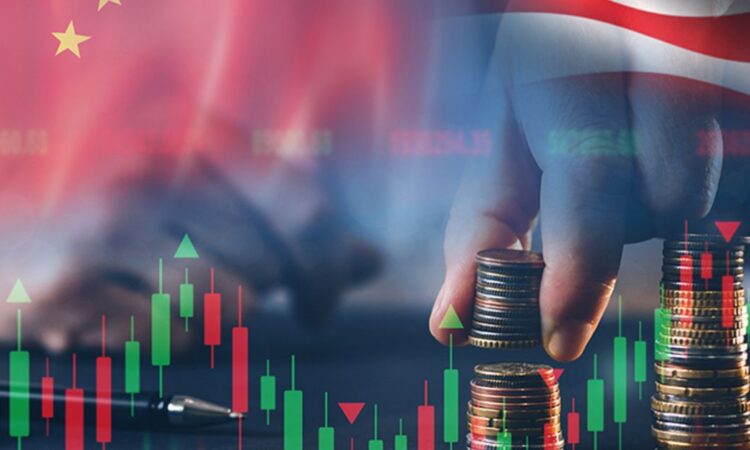
“China is the second largest economy in the world and it is important to global supply chains and a major importer of commodities, which makes China an unavoidable presence in the global economy and global capital markets,” said Alison Adams, Portland, Ore.-based managing principal and a research consultant on the capital markets research team at Meketa Investment Group in an emailed response to questions.
“But how U.S. investors think about how to allocate global capital appears to be changing,” Ms. Adams said. Prior to the pandemic, investors were more willing to place a big bet on China and may have sought out direct investment, she said.
“Now the risk/return balance appears to be shifting to a more cautious approach where a big bet on direct China may be less likely” possibly due to the political risks of direct investment in China shifting inside China and in the U.S., Ms. Adams said.
Politics was less of a factor before the pandemic when China’s GDP was growing 7% to 10% a year, and investors were interested in increasing their investment allocations to take advantage of China’s rise, she said.
“Now that China’s growth is only a couple of a percent above the U.S. — that risk/return analysis has shifted,” Ms. Adams said.
In Washington, lawmakers from both sides of the aisle welcomed the executive order, though several Republicans criticized the president’s approach.
“President Biden’s long-awaited executive order is a small step in the right direction but the loopholes are wide enough to sail (China’s People’s Liberation Army) Navy fleet through, and it doesn’t address the passive flows of U.S. money into malign (Chinese Communist Party)-affiliated companies,” said Rep. Mike Gallagher, R-Wis., chairman of the House Select Committee on the Chinese Communist Party, in a statement.
Prior to the executive order, Mr. Gallagher in an Aug. 3 letter urged Mr. Biden to restrict both private and public investments in China, among other calls for action.
Fellow China hawk, Sen. Marco Rubio, R-Fla., said the order was long overdue. “However, this narrowly tailored proposal is almost laughable,” Mr. Rubio said in a statement. “It is riddled with loopholes, explicitly ignores the dual-use nature of important technologies and fails to include industries China’s government deems critical. The U.S. needs to do better than this, which is why I will introduce legislation in September to create an outbound investment process that actually protects American economic and national security interests.”
A spokesman for Mr. Rubio declined to provide further information on the forthcoming bill.
Senate Majority Leader Chuck Schumer, D-N.Y., said in a statement that American money has helped fuel the Chinese military’s rise for too long.






